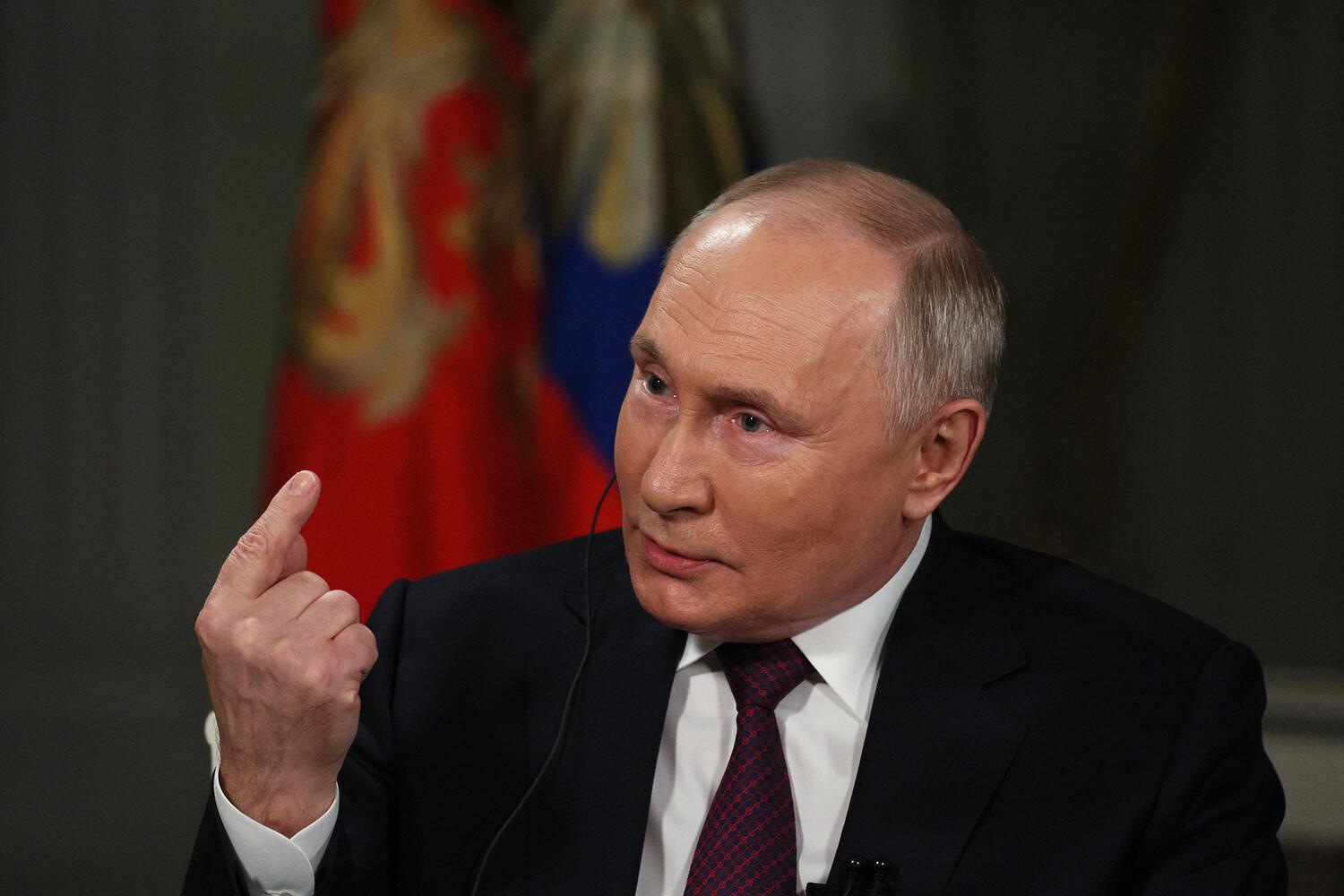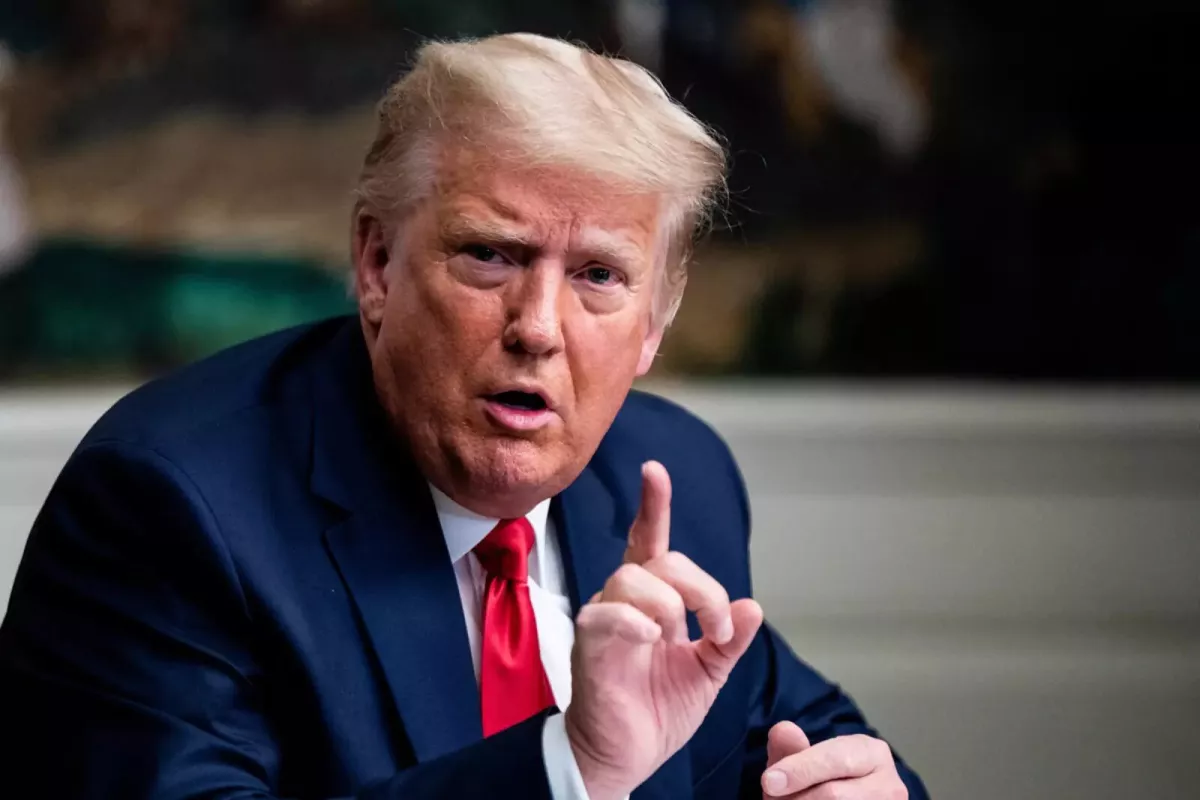Conversation No. 3 Trump and Putin set out their priorities
Shortly before the Istanbul talks between the Russian and Ukrainian delegations, U.S. President Donald Trump cast doubt on their effectiveness, stating that nothing would be resolved without a personal meeting between him and Russian President Vladimir Putin. That said, the negotiations cannot be considered a complete failure, as the parties did not walk away entirely empty-handed. They agreed on a prisoner exchange of 1,000 for 1,000 people and on presenting detailed proposals for a ceasefire.
However, these outcomes are far from, and even conspicuously distant from, resolving the overarching issue of war and peace. Kyiv failed to persuade Moscow to agree to a 30-day truce. Moscow, in turn, could not realistically impose its own vision at the talks — which included recognition of the four annexed territories and other conditions.
Nevertheless, most analysts agree that there has been a significant shift in the expectations surrounding the negotiations — if not in substance, then certainly in form. The pace and structure of the talks now align more closely with Moscow’s scenario than with Kyiv’s.
Against this backdrop, the third phone conversation of the year between the American and Russian presidents took place. Reflecting the gravity of the moment, the call lasted two hours. Following the conversation, both leaders issued brief statements.
President Putin told reporters that he had “thanked the President of the United States for Washington’s support in resuming direct negotiations between Russia and Ukraine regarding a potential peace agreement.” He also stated that Russia was prepared to work with Ukraine on a “memorandum concerning a future peace treaty.”
According to Putin, such a memorandum would help define several key elements — for example, the principles of settlement, the timeline for potentially concluding a peace agreement, and other issues, including a possible temporary ceasefire, should relevant agreements be reached.

As is clear from this statement, Putin is persistently promoting the idea of negotiating a comprehensive peace agreement rather than a ceasefire — the latter being something Moscow fears Kyiv would use to rearm and strengthen its forces.
“The key issue, of course, is that both the Russian and Ukrainian sides should demonstrate the utmost willingness for peace and find compromises acceptable to all parties,” he added, once again reiterating his thesis that Russia’s main goal is to “eliminate the root causes of this crisis.”
For his part, Donald Trump did not echo Putin’s wording verbatim, leaving room for ambiguous interpretation.
“Just completed my two hour call with President Vladimir Putin of Russia. I believe it went very well. Russia and Ukraine will immediately start negotiations toward a Ceasefire and, more importantly, an END to the War. The conditions for that will be negotiated between the two parties, as it can only be, because they know details of a negotiation that nobody else would be aware of,” he wrote on his social media platform, Truth Social.

Something suggests that the rhetorical sleight of hand lies precisely in Trump’s words, while Putin, by contrast, proudly and directly reports that he is standing firm on his principles. Nevertheless, Trump goes on to add, so to speak, a fly in the ointment — hinting at the possibility of tightening sanctions against Russia should its position remain intransigent, or easing them if Moscow proves more cooperative.
“Russia wants to do largescale TRADE with the United States when this catastrophic ‘bloodbath’ is over, and I agree,” Trump wrote, adding that this would allow Moscow “to create massive amounts of jobs and wealth.”
Overall, it gives the impression that Moscow still has a certain window of time before it begins to feel the real pressure of tougher sanctions — and during this window, it will likely seek to secure the greatest possible advantage on the ground.
In this situation, Trump appears to be playing along, reluctant to step away from the negotiation process and instead keeping the hype afloat. His earlier stance — that he might walk away if there were no tangible results — now seems to have been abandoned. It appears that Trump’s team has decided Washington has not yet exhausted its potential to declare itself the great peacemaker.
Still, some commentators argue that Trump has already “given up.” Even if a formal withdrawal hasn’t been announced, the shift in emphasis toward the Russian narrative is hard to miss.
That’s precisely how Trump’s remarks following the phone call were interpreted in Kyiv and in several European capitals — as a possible attempt by Trump to “exit the game.” The logic goes that this exit has simply been orchestrated in such a way as to preserve the illusion of continued U.S. involvement in the peace process.
However, even this seems like an oversimplified scenario. A more realistic interpretation points to the existence of a certain time lag during which Trump is unlikely to "reach for the sanctions lever." And by all indications, this grace period is expected to last until the end of the current year.
It is no coincidence that just a day before the phone call, Bloomberg, citing a well-informed source, reported on Putin’s "confidence" that by year’s end, the Russian army would reach the administrative borders of all four Ukrainian regions that Moscow has constitutionally incorporated into the Russian Federation.








